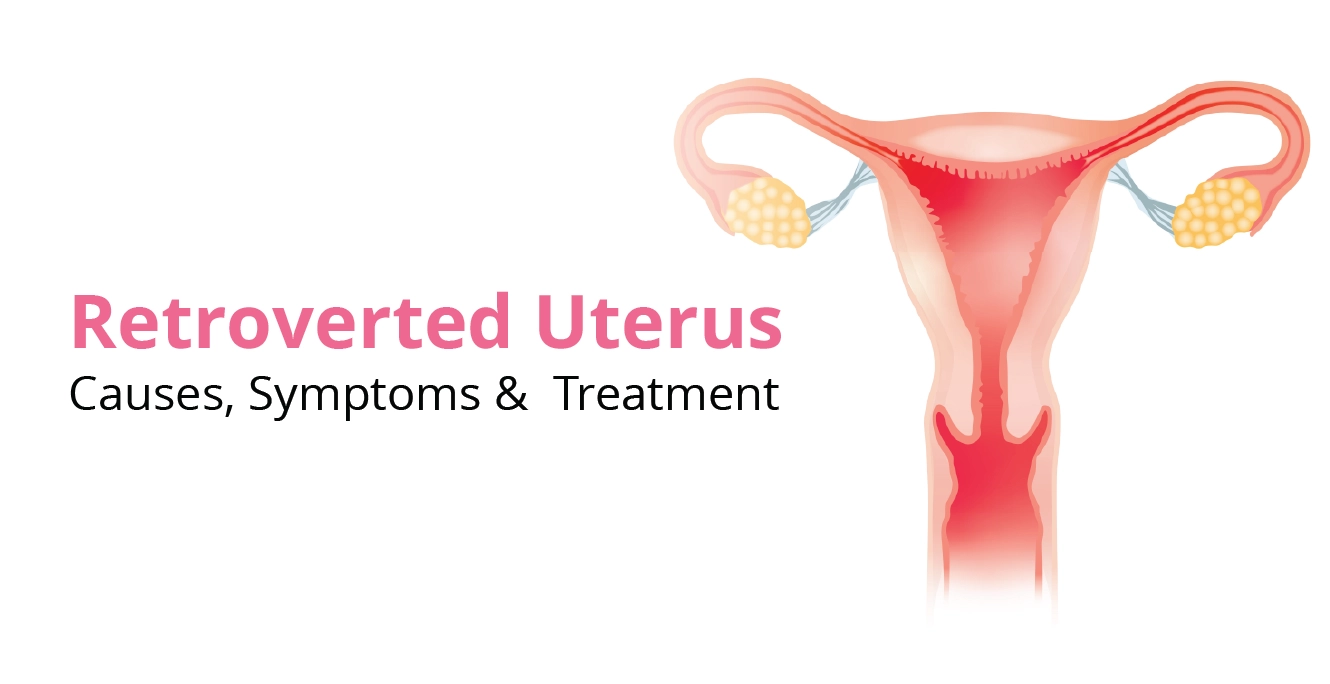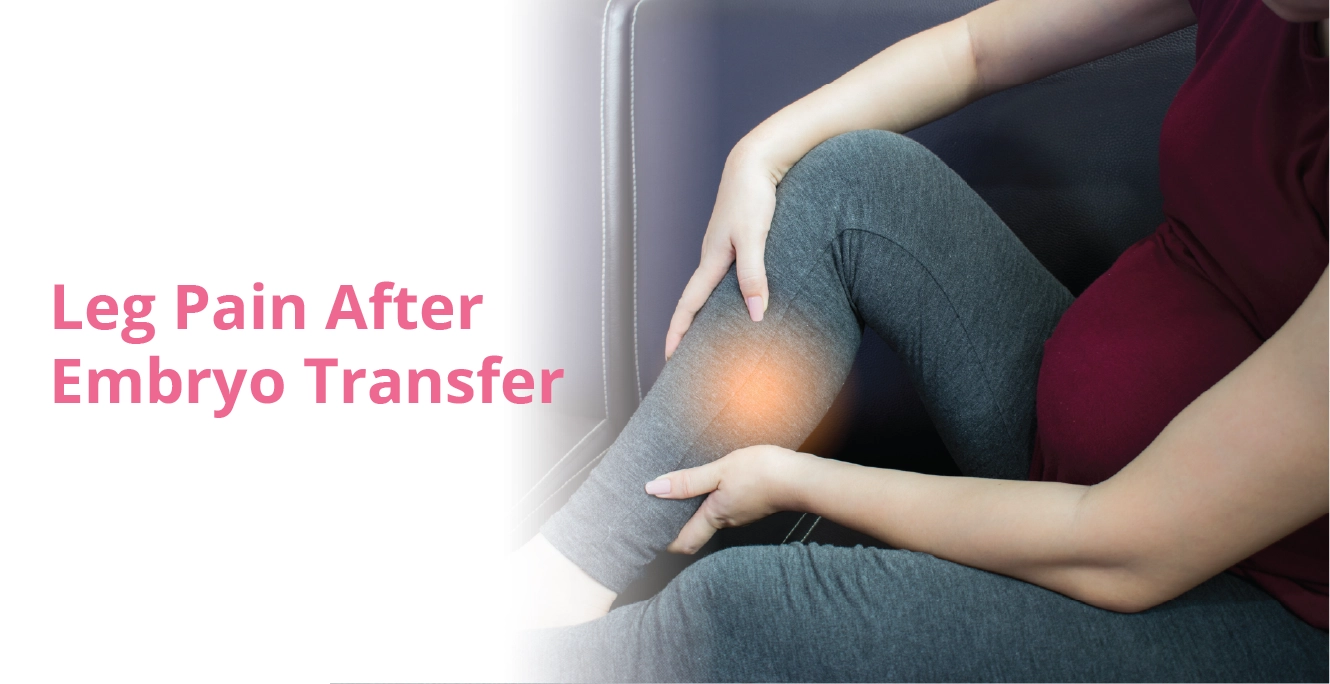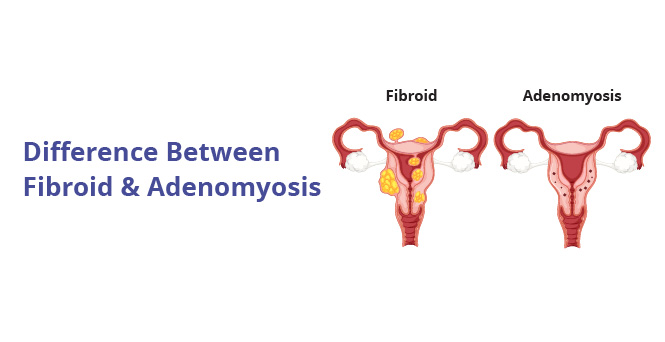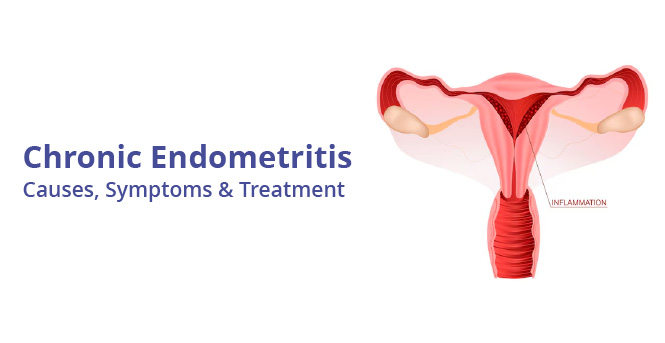
What is Fibroid Degeneration? Types, Causes & Symptoms

Table of Contents
- What is Fibroid Degeneration?
- What are the Types of Fibroid Degeneration?
- Does Location Matter in Fibroid Degeneration?
- Common Symptoms of Fibroid Degeneration
- Duration of Fibroid Degeneration Symptoms
- What are the Causes of Fibroid Degeneration?
- How is Fibroid Degeneration Diagnosed?
- What are the Treatment Options for Fibroid Degeneration?
- What are the Risks of Living With Fibroids Degeneration?
- Fibroid Degeneration During Pregnancy
- Conclusion
- Frequently Asked Questions
Fibroid degeneration refers to the process where uterine fibroids (benign growths on the muscular walls of the uterus) undergo changes, such as shrinking, calcification, or necrosis (death of body tissues). To put it simply, the meaning of fibroid is a noncancerous tumour that develops during a woman’s reproductive years around the smooth muscle layer of the uterus.
This article navigates the complexities of fibroid degeneration, its causes, signs of fibroids breaking down, treatment options, and how it can impact your fertility and lead to pregnancy complications. Let’s start with understanding what fibroid degeneration really means.
What is Fibroid Degeneration?
Fibroids are made of living tissues, which means they require a steady supply of oxygen and nutrients to continue growing. These essential resources are delivered to them with the help of a network of blood vessels. These vessels supply the uterus and its surrounding tissues as well.
However, in cases when a fibroid grows excessively large, the demand for oxygen and nutrients increases too. It sometimes exceeds what the existing blood supply is able to provide, which leads to a shortage of oxygen and nutrients within the fibroid tissue.
As a result, the cells inside the fibroid begin to break down and die. This triggers a process which is known as fibroid degeneration. The symptoms include sudden or severe pain, abdominal discomfort, and more. Doctors recommend not leaving it untreated, as it may lead to further complications. These complications include infections and fertility challenges.
What are the Types of Fibroid Degeneration?
The different types of fibroid degeneration are as follows:
- Hyaline Degeneration of Fibroid: This is a common type, which involves the replacement of fibroid tissues with hyaline tissue, reducing blood supply. While usually asymptomatic, it can lead to cell death and cystic degeneration.
- Cystic Degeneration of Fibroid: It is less common, and typically occurs post-menopause and after hyaline degeneration. Reduced blood supply and dying cells create cystic areas within the fibroids.
- Myxoid Degeneration of Fibroid: Similar to cystic degeneration, this type includes gelatinous material within the cystic masses of the fibroid.
- Red Degeneration of Fibroid: Often occurring during or after pregnancy, this type results from hemorrhagic infarcts (dead tissues) of uterine fibroids. Pain during pregnancy is a hallmark symptom of this type of fibroid degeneration.
Does Location Matter in Fibroid Degeneration?
Yes, the location of the fibroids plays a huge role. How?
Fibroids can grow in different areas of the uterus. The most common areas include, within the uterine wall (also known as intramural), inside the cavity (also known as submucosal), and on the outer surface of the uterus (also called subserosal).
When degeneration occurs, the impact varies for each position. For example, intramural fibroids may cause intense pelvic pain and raise concerns such as “are intramural fibroids dangerous?”, since they can significantly affect uterine function. Submucosal fibroid degeneration may trigger heavy bleeding and fertility challenges. Therefore, location significantly influences how degeneration is felt and how it affects reproductive health.
Fibroids rely on oxygenated blood to survive. However, when they grow too large, they can outgrow their blood supply, causing parts of the fibroid to shrink and degenerate. This cycle of growth and shrinkage of the degenerating fibroid can lead to recurring symptoms, including:
Common Symptoms of Fibroid Degeneration
- Acute Stabbing Pain: The most common symptom, characterised by sharp, localised pain in the abdomen or pelvic area. It is caused by chemical release from dying fibroid cells, often accompanied by swelling.
- Chronic Pain: Lasting pelvic discomfort that may persist even after the acute phase resolves.
- Bleeding: Sudden changes in bleeding patterns, such as heavier periods or abnormal bleeding between cycles. In rare cases, degeneration may cause haemorrhaging.
- Fever: A low-grade fever (100.4–102.2°F) can occur due to the inflammatory response triggered by fibroid breakdown. This is more common during pregnancy.
Duration of Fibroid Degeneration Symptoms
The size, location, and kind of fibroid, as well as the general health of the individual, can all affect how long fibroid degeneration symptoms last. As the fibroid changes, such as through shrinkage or necrosis, symptoms may include fever, bloating, abdominal pain, or acute pelvic pain. These are often recognised as signs of fibroids breaking down, and they may typically last a few days to a few weeks. Sometimes the discomfort is sporadic and goes away gradually when the body gets used to it. However, symptoms may last longer and necessitate medical intervention to effectively manage if the degeneration is severe or problems like infection arise.
Other Possible Symptoms include swelling or bloating, making the abdomen appear distended. You can also face discomfort or pain during sex, along with constant tiredness due to chronic pain or heavy bleeding.
What are the Causes of Fibroid Degeneration?
If fibroids are not treated, they may enlarge and require more nutrients from the blood supply than the surrounding blood vessels can provide, which could lead to inadequate support. Fibroid cells begin to die as a result, resulting in fibroid degeneration, which frequently causes discomfort, swelling, and pain in the abdomen in addition to other symptoms. Other possible causes include:
- Being pregnant
- Unbalanced hormones
The location of a fibroid may have an impact on your symptoms:
- Because they are attached to a stalk, pedunculated fibroids are more likely to twist and cut off their blood supply, which can result in excruciating pain and symptoms that persist longer.
- A subserosal fibroid, meaning a fibroid that grows outside the uterine wall, often presses on nearby organs and causes discomfort.
- Submucosal fibroids can result in severe bleeding because they protrude into the uterus.
How is Fibroid Degeneration Diagnosed?
The first step in diagnosing fibroid degeneration is a thorough medical consultation during which the doctor will enquire about your symptoms, including fever, irregular bleeding, pelvic pain, and abdominal discomfort. Sometimes, women may also report fibroid shrinking symptoms like sudden relief from pressure, changes in abdominal size, or alterations in menstrual flow, which may indicate degeneration.
Further imaging and diagnostic testing may be suggested to confirm the diagnosis and rule out other conditions:
- Ultrasound: One non-invasive method for determining the size, location, and alterations of fibroids is ultrasound.
- MRI (Magnetic Resonance Imaging): A more thorough image is provided by MRI (Magnetic Resonance Imaging), which is particularly helpful in differentiating degeneration from other uterine diseases.
- Hysteroscopy (if necessary): It is a minimally invasive procedure in which a thin, illuminated tube is placed inside the uterus to directly view fibroids and measure the degree of aberrant growth.
By combining these diagnostic methods with symptom evaluation, physicians may correctly confirm fibroid degeneration and suggest the best course of treatment.
What are the Treatment Options for Fibroid Degeneration?
After a thorough diagnosis, the doctor will determine the best-suited fibroid degeneration treatment method. Fibroid degeneration treatment options may include non-surgical and surgical techniques:
Non-surgical fibroid degeneration treatment:
- Medications: Hormonal supplements and medication to manage symptoms such as heavy bleeding and to relieve the pain.
- Uterine Artery Embolization (UAE): Minimally invasive procedure to shrink fibroids by blocking their blood supply. This removes the fibroid and prevents it from regrowing.
- MRI-guided focused ultrasound surgery (MRgFUS): Non-invasive treatment using ultrasound waves to destroy fibroid tissue.
- Remedies: Using a heating pad or hot water bottle on your lower abdomen can help relieve the pain.
Surgical Fibroid Degeneration Treatment:
- Myomectomy: This procedure removes uterine fibroids and preserves the uterus for potential pregnancy.
- Hysteroscopy: It is a minimally invasive procedure to examine and treat issues within the uterus, often used for removing the degenerated fibroid. In rare cases, it aids in removing the uterus when the condition is worse and there are no plans for pregnancy in future.
What are the Risks of Living With Fibroids Degeneration?
Here are some of the risks involved if you leave fibroid degeneration untreated:
- Severe Discomfort: Degeneration can produce acute, strong pelvic or abdominal discomfort that interferes with daily activities and mobility. This pain can continue anywhere from a few days to weeks.
- Fever, Nausea, and Swelling: Degeneration can occasionally cause fever, bloating, or nausea, which can be mistaken for other illnesses and prevent an accurate diagnosis.
- Risk of Infection: Fibroid tissue that has turned necrotic, or dead, may raise the risk of infection inside the uterus and necessitate immediate medical attention.
- Pregnancy Complications: Fibroid degeneration during pregnancy might result in preterm labour, miscarriage, or restricted foetal growth due to limited space.
- Effect on Fertility: Fibroid degeneration-induced chronic inflammation, discomfort, and alterations in the uterine environment can hinder conception or make fertility therapies more difficult
- Decreased Quality of Life: Prolonged discomfort, severe bleeding, and other related symptoms can lead to mental strain, exhaustion, and a deterioration in general health.
Fibroid Degeneration During Pregnancy
Fibroid degeneration during pregnancy occurs when a fibroid outgrows its blood supply and begins to break down. Since pregnancy already increases the demand for blood flow to support the growing baby, fibroids may compete for the limited nutrients and oxygen available. This imbalance can lead to degeneration, which often causes sudden, sharp abdominal or pelvic pain, tenderness in the uterus, fever, and, in some cases, nausea or vomiting.
The condition is most commonly seen in the second and third trimesters, when hormonal changes accelerate fibroid growth. Although fibroid degeneration does not usually harm the baby directly, but it can complicate pregnancy by increasing the risk of miscarriage, preterm labour, restricted foetal growth, or placental issues. Pain management through medication and rest is often the first line of treatment, but severe cases may require closer monitoring or hospitalisation.
Early diagnosis and timely medical care are crucial to ensure the safety of both the mother and the baby when fibroid degeneration occurs during pregnancy.
Conclusion
Fibroid degeneration can lead to heavy bleeding or severe pain in the abdomen. If left untreated, this condition can affect overall fertility health and, at times, result in infertility. Many women often wonder. “Are fibroids dangerous?” While they are typically non-cancerous in name, their complications become serious without timely medical care.
If you are diagnosed with fibroids and are concerned about having a child, call us today to speak to our consultant. Or, to book an appointment with our fertility specialist, fill in the required details in the given form, and our medical coordinator will call you shortly
Frequently Asked Questions
How long does the pain last from shrinking fibroid degeneration?
The pain can last between a few days to a couple of weeks. It will usually subside when the degeneration pauses (when the fibroid can survive again). However, it will begin again if the fibroid again grows and starts to degenerate.
How long does fibroid degeneration take?
The process of fibroid degeneration usually takes a few weeks.
Where does a fibroid go during degeneration?
During fibroid degeneration, the fibroid cells or tissues start to die in a process known as necrosis. Parts of the fibroid may liquefy, and parts may remain as solid matter. In some cases, the tissue is slowly reabsorbed by the body. In many cases, it remains there and decomposes.
If the fibroid is attached to a stem (pedunculated fibroid), it may twist around and prevent blood from flowing to the stalk. This can lead to severe pain and may require surgery to remove the fibroid.
What is red degeneration of a fibroid?
Red degeneration of a fibroid is a kind of fibroid degeneration that can occur with pregnancy. It usually occurs during or after pregnancy. It can lead to severe pain and bleeding. However, the symptoms usually resolve within some days.
Our Fertility Specialists
Related Blogs
To know more
Birla Fertility & IVF aims at transforming the future of fertility globally, through outstanding clinical outcomes, research, innovation and compassionate care.
Had an IVF Failure?
Talk to our fertility experts

 Our Centers
Our Centers



















